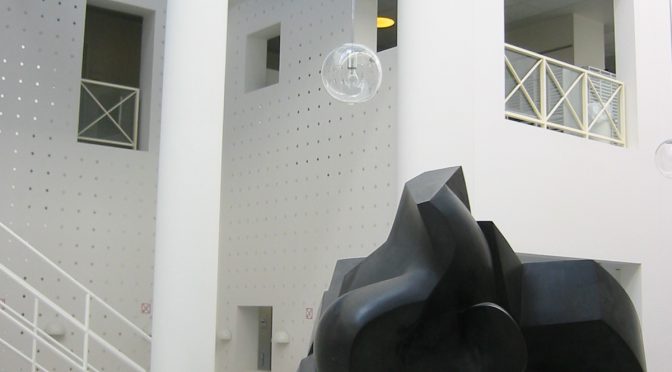By Jeremy Moon and Rieneke Slager.
Bring sustainability into the business school mainstream by aligning with schools’ existing practices: technical, political, and cultural.
Sustainable business has been taught and researched in business schools for decades. For nearly as long, proponents have warned about barriers to genuine integration of sustainability in business schools.
Sustainability Centres in Business Schools
In a recent article, we and our co-authors Sareh Pouryousefi and Ethan Schoolman looked at the role of sustainability centres in achieving this fit. Our analysis drew on a survey of directors of sustainability centres and interviews with ten of these centre directors. We found that leading sustainability centres seek to achieve three types of fit between their own practices and those of their business schools, in order to promote integration.
The types of fit are:
- Technical. Centres achieve technical fit — i.e. alignment with existing organisational structures- by ensuring that sustainability topics are taught in a mix of core and elective programmes in different disciplines.
- Political. Centres achieve strong political fit by aligning with the interests of school leaders in order to develop sustainability practices as a brand for the school.
- Cultural. Centres achieve cultural fit — i.e. alignment with the cultural values of the wider organisation — somewhat counterintuitively. They do it by not defining terms such as ‘sustainability’ or setting fixed boundaries around their work; instead, they interpret research themes loosely to include colleagues with related research interests.
A centre may pursue one kind of fit, but because these types of fit are highly interrelated, actions in one area (technical, cultural, political) will affect the others.
On the one hand, they can positively reinforce each other towards better integration. The existence of cultural and technical fit will encourage collaboration. The presence of cultural and political fit will boost legitimacy. Political and technical fit will strengthen resources devoted to sustainability.
The challenge of fit
Centres that manage to achieve higher levels of fit across domains feel more secure about the long-term prospects of their centre. None of the centre representatives we spoke to felt that they had a complete alignment in all three areas of fit. But centres saw benefits when they had a good degree of fit in two or more areas, or were working towards fit in multiple areas. In these cases, directors felt that their centres’ purpose transcended the individuals associated with them, guarding them against future political headwinds, such as lack of interest from senior management.
Barriers to fit remain even at leading schools. This is because sustainability centres usually present some challenge to assumptions of others at business schools — often including Deans.
Our research shows that lack of fit in one domain may also impact the other domains. For example, a centre might have a high level of political fit through support from the Dean, but low cultural fit because it tightly defines sustainability in contrast with wider business school values. That centre may also struggle to achieve high levels of technical fit.
These elements are important even for sustainability centres that purposefully avoid integration with those wider business school practices which they deem wholly antithetical to sustainability. These centres can still attend to issues of political, technical and cultural fit as they choose strategies for carrying out their teaching, research, and engagement activities.
The Authors
Rieneke Slager is Assistant Professor at the University of Groningen.
Jeremy Moon is Velux Professor of Corporate Responsibility at Copenhagen Business School.
Full article
Slager, R., Pouryousefi, S., Moon, J., & Schoolman, E. 2018. Sustainability centres and fit: How centres work to integrate sustainability within business schools. Journal of Business Ethics. Retrieved from https://doi.org/10.1007/s10551-018-3965-4
Thanks
This article is a courtesy of the Network for Business Sustainability, ‘a network of over 6000 researchers and managers who are committed to advancing sustainable business’. Read more about who they are and what they do here.
Pic by discosour on flickr.
